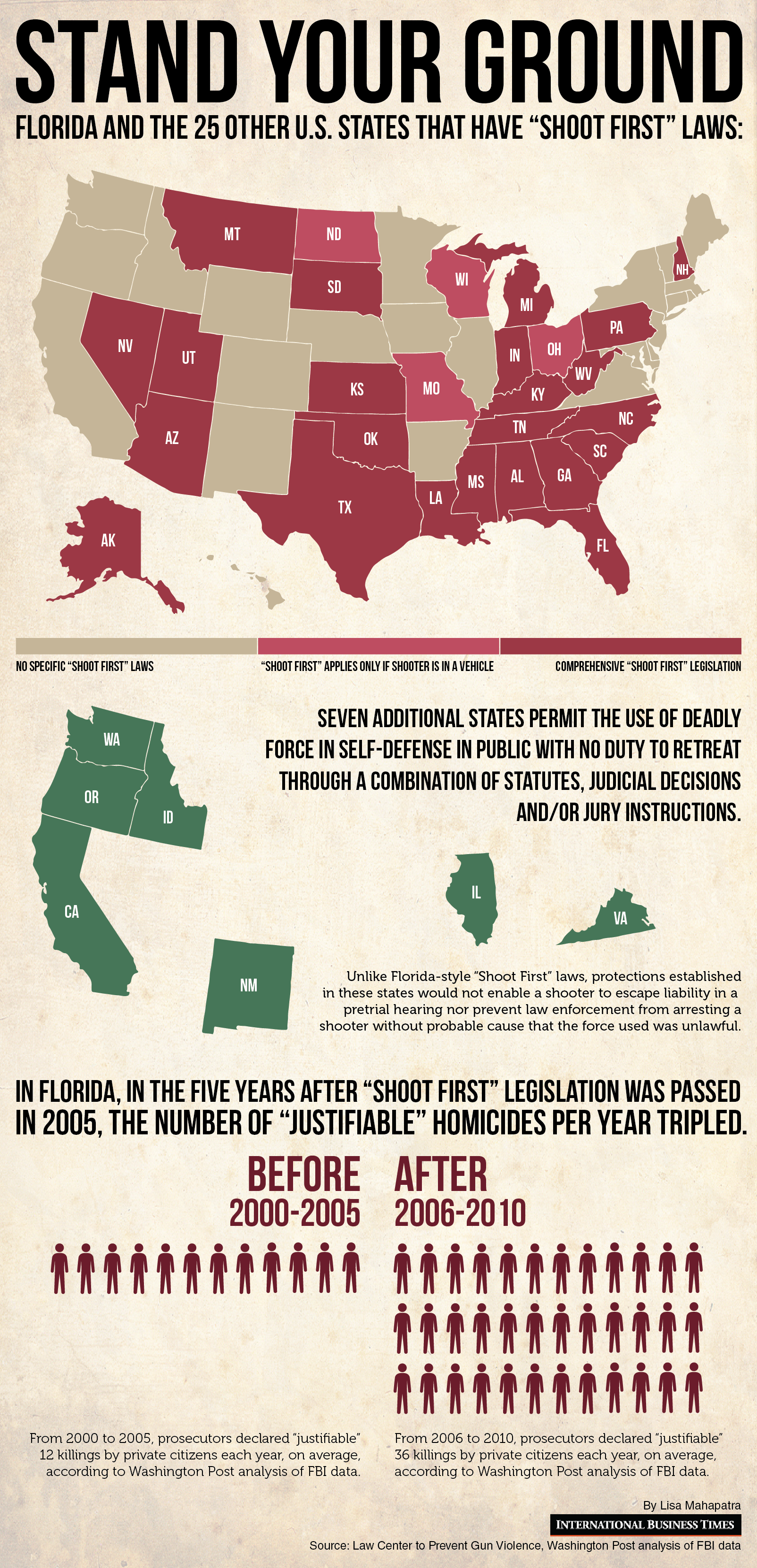Alabama’s Stand Your Ground Law:

Alabama has a “stand your ground” law, officially known as the “Castle Doctrine.” This law permits individuals to use deadly force in self-defense in certain situations without a duty to retreat. However, the law includes specific conditions and limitations.

Key Provisions of Alabama’s Stand Your Ground Law:

No Duty to Retreat:
- In general, individuals have no duty to retreat from an encounter in a place where they have a right to be, such as their home, workplace, or vehicle.
Reasonable Belief of Imminent Danger:
- An individual using deadly force must reasonably believe that they or another person is in imminent danger of death or serious bodily harm.
Castle Doctrine Extension:
- The law not only applies to an individual’s home but also to their business, vehicle, or other lawful place of temporary habitation.
Right to Stand Your Ground:
- If an individual reasonably believes harm is imminent, they may use deadly force to defend themselves or others.
Limitations and Exceptions:
- The law does not apply if the alleged aggressor is fleeing or has stopped attacking.
- Using deadly force is not justified if the confrontation started because of the individual’s unlawful actions.
- The law does not permit the use of deadly force against law enforcement officers acting in their official capacity.
Immunity from Civil Liability:
- Individuals who act in accordance with the law are immune from civil liability for their actions.
Affirmative Defense:
- The law provides an affirmative defense in criminal cases, allowing an individual to assert that they acted in self-defense and present evidence supporting their claim.
Jury Verdict:
- In criminal cases involving a stand your ground defense, the jury ultimately decides whether the individual’s actions were justified.
It’s important to note that each state’s stand your ground law may vary in specific details, and the application of the law can be complex. Consult an attorney for guidance on the specific provisions and implications of Alabama’s Stand Your Ground Law if you have questions or are involved in a relevant legal matter.






